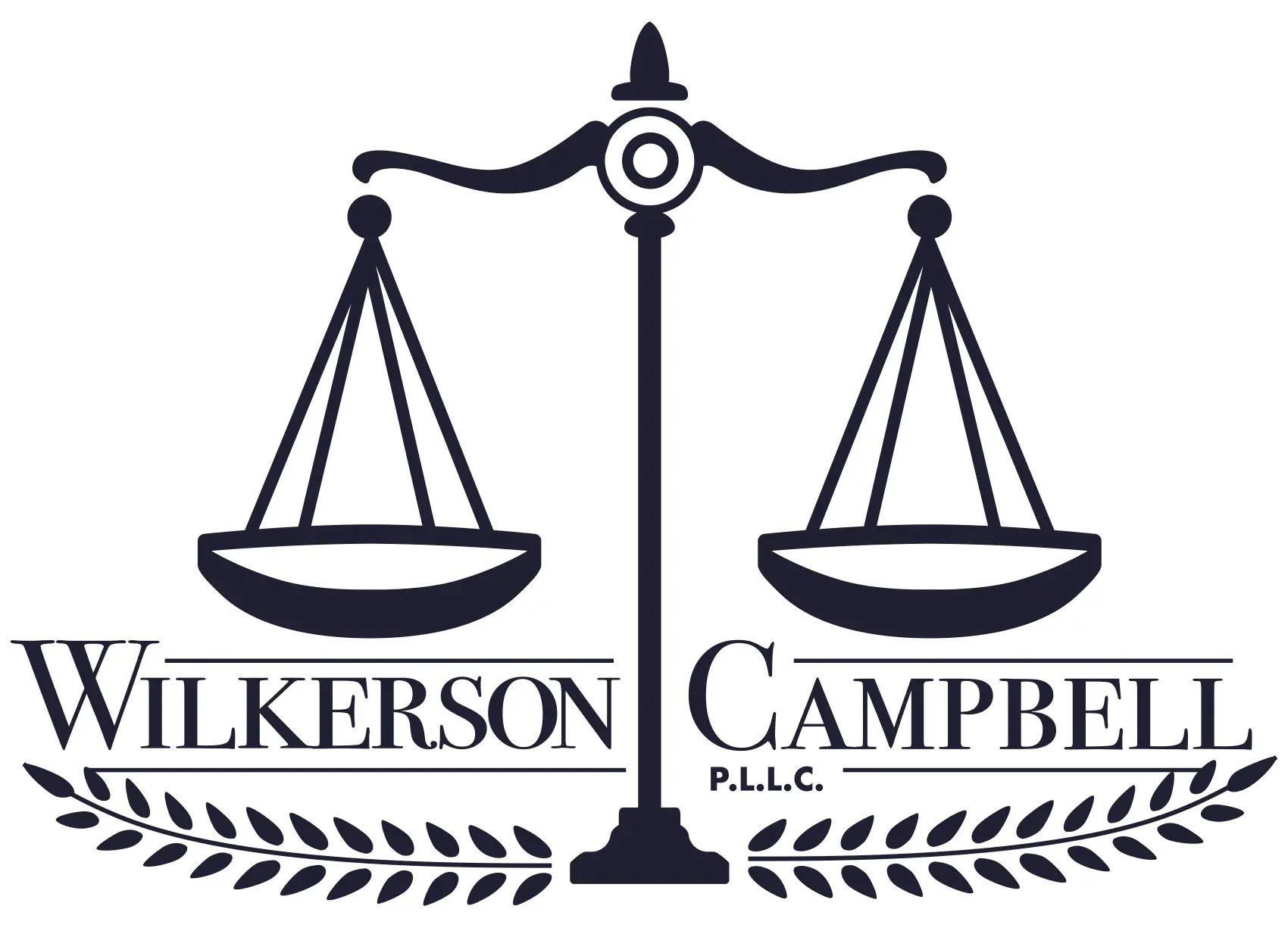Forgery
Legal Definition of Forgery
Under Texas law, a person commits forgery if they:
Forge a writing with the intent to defraud or harm another.(Law Offices of Tim Powers)
The term “forge” encompasses:
Altering documents without permission.
Creating fake documents or signatures.
Using or possessing forged documents with the intent to pass them as genuine.
Classification and Penalties
The severity of forgery charges in Texas depends on the nature of the offense and the value involved. Penalties range from misdemeanors to felonies:
Class C Misdemeanor: If the forged writing is intended to obtain property or services valued at less than $100. Punishable by a fine up to $500.(Varghese Summersett)
Class B Misdemeanor: For property or services valued between $100 and $750. Punishable by up to 180 days in jail and a fine up to $2,000.(Varghese Summersett)
Class A Misdemeanor: For property or services valued between $750 and $2,500. Punishable by up to one year in jail and a fine up to $4,000.
State Jail Felony: If the forged writing is a will, deed, mortgage, check, or similar financial document, or if the value is between $2,500 and $30,000. Punishable by 180 days to two years in a state jail facility and a fine up to $10,000.(Texas Criminal Defense Group, Varghese Summersett)
Third-Degree Felony: For forged writings that are part of an issue of money, securities, government records, or if the value is between $30,000 and $150,000. Punishable by two to ten years in prison and a fine up to $10,000.(Findlaw)
Second-Degree Felony: If the value involved is between $150,000 and $300,000. Punishable by two to 20 years in prison and a fine up to $10,000.
First-Degree Felony: If the value involved is $300,000 or more. Punishable by five to 99 years or life in prison and a fine up to $10,000.
Additionally, if the offense is committed against an elderly individual (65 years or older), the charge is elevated to the next higher category. (Findlaw)
Real-World Implications
A forgery conviction in Texas carries serious consequences beyond legal penalties:(Denton Defense Attorneys)
Criminal Record: A permanent mark that can affect employment opportunities, especially in fields requiring trust and integrity.
Professional Licenses: Potential revocation or denial of licenses in various professions.
Financial Consequences: Restitution to victims and potential civil lawsuits.
Immigration Status: For non-citizens, a forgery conviction can impact immigration status or lead to deportation.(Denton Defense Attorneys)
Legal Defenses
Defending against forgery charges may involve:
Lack of Intent: Demonstrating that there was no intent to defraud or harm.
Consent: Proving that the alleged forged document was authorized.
Mistaken Identity: Establishing that the accused was not the person who committed the forgery.
Contact Us
If you or someone you know is facing forgery charges in Texas, it’s crucial to seek experienced legal representation. Wilkerson & Campbell, PLLC specializes in criminal defense and is committed to protecting your rights.
Phone: 844-849-9789
Address: 2201 Main Street, Suite 206, Dallas, TX 75201
Categories
- No categories
